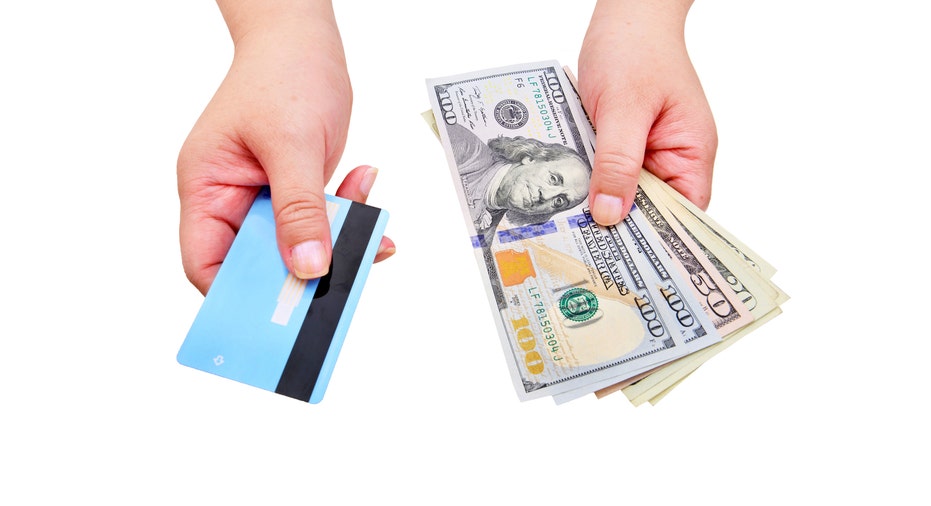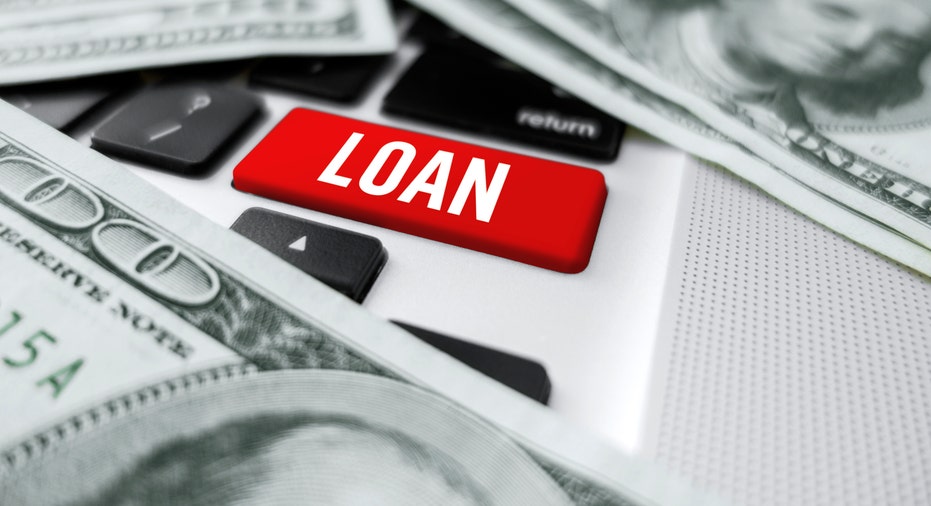
A personal bank loan is a type of installment loan that•s usually used with the idea to finance a big purchase just like a home renovation in order to consolidate debt into a single monthly payment.
Typically, qualifying for a personal bank loan — and receiving the best personal loan rates — depends largely on the strength of your credit rating, income history, and debt-to-income ratio. However, these rates can also vary, depending on the lender.
Read onto learn what you may expect when searching for the best rates.
What’s the typical personal loan interest rate?
Personal loan rates, especially for personal loans which are unsecured, can vary widely. Typically, these loans can range between just beneath 5 percent to 36 percent, according to PayPasser. Though, recent data from Experian suggests that the typical apr (APR) that borrowers are given is closer to 9.41 percent.
That said, the lending company you decide to go through for your loan can also impact the average rate of interest you•re offered. While PayPasser discovered that the rates charged by a brick-and-mortar bank typically range from 5.99 percent to 24.99 percent, the rates from online lenders tend to run a little lower than that.
The difference likely stems from the fact that online lenders usually don•t have a similar expenses as banks, so they are able to pass those savings along towards the consumer by means of a lesser interest rate.
Most personal bank loan lenders will let you borrow between $1,000 and $100,000. In addition, you are able to usually get the funds inside a few business days.
How will i be eligible for a a minimal personal loan rate?
Again, the interest rate you be eligible for a on unsecured loans will vary, but there are specific things you can do to enhance your chances of finding the best rate. They’re the following:
Shopping around
The first thing you should do is shop around for the best rate. Since every lender has a different fee structure, the rates you•ll be offered by each one of these will change. You should use an online tool like PayPasser to understand more about your personal loan options and compare rates and lenders.
Improving your score
To qualify for a lesser personal bank loan rate, you can do something to enhance your credit rating. Should you aren•t already, commit to making all your debt payments promptly and to paying as far above the minimum payment as possible. If you follow these tips, you need to start to determine an improvement in your score.
Finding a co-signer
If you don•t have plenty of time to wait for the score to enhance and also you wish to secure a lesser rate, your best bet might be to find a co-signer that has great credit. Using a co-signer makes you a lesser risk within the eyes from the lender because, if you default in your payments, your co-signer is going to be responsible for which makes them.
Will checking my rates affect my credit score?
Some lenders enables you to check your rates utilizing a soft inquiry, which won•t have an effect on your credit score. However, when you submit a loan application, the lending company will actually pull your credit, which can temporarily harm your score.
Visit PayPasser to obtain a better feeling of what personal loan minute rates are open to you or use their personal loan calculator to figure out a monthly payment that works in your budget.
If you•re going to be applying with multiple lenders, it•s important that you submit all your applications within the same 14-day timeframe. Most credit scoring models will count multiple inquiries for the similar purpose as one event as long as they are made within that timeframe.
What affects personal bank loan rates?
Ultimately, the rate you•ll receive on your personal loan will be influenced by your financial history. On the application you fill out when you officially apply for the loan, you•ll have to provide your Ssn.
The lender uses that information to execute a credit check, which will give them the majority of the information that they must approve you for that loan. However, you may also have to provide some good info that shows your current income, as well.
Once your lender has everything information in hand, they will take a look at two things:
- Your credit rating: The larger your credit score is, the a lesser risk you’re in the eyes from the lender. In addition, if you have a history of paying promptly, you’re more prone to get a rate plan.
- Your debt-to-income ratio: Your debt-to-income ratio is your total monthly debt payments divided by your gross monthly income. This ratio will dictate how much money you’ll be approved to borrow, but having a lower ratio also may help to secure you a lower rate.








